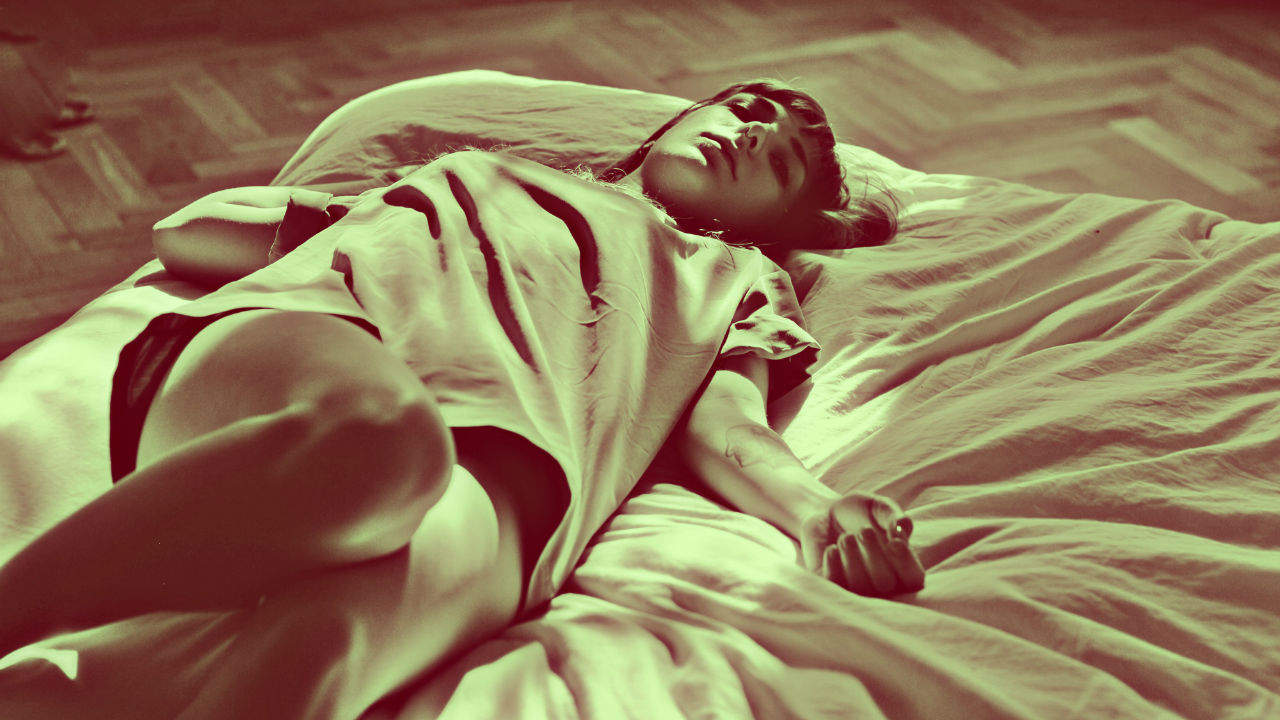In the United States, about 20 million people report having occasional sleeping problems, while about 40 million people report having chronic sleep disorders. Having a sleep disorder can result in sleep deprivation, which can affect every day functioning.
There are several different types of sleep disorders, but the most common types of sleep disorders include sleep apnea, insomnia, restless legs syndrome and narcolepsy, according to the Centers for Disease Control and Prevention.
Sleep Apnea
When a patient has sleep apnea, she has periods while she is sleeping in which she has pauses in her breathing. There are two types of sleep apnea: obstructive sleep apnea and central sleep apnea.
With obstructive sleep apnea, the patient’s airway is narrower, which affects air flow. Certain factors can increase a person’s risk of developing obstructive sleep apnea, include obesity, a lower jaw that is shorter than the upper jaw, a large neck, and large tonsils in children.
Central sleep apnea occurs with certain types of medical conditions. For example, central sleep apnea may develop in patients who have encephalitis or stroke affecting their brainstem, obesity, primary hypoventilation syndrome or bulbar poliomyelitis. Central sleep apnea may develop after certain interventions, such as radiation of the cervical spine, or due to complications of a procedure, such as cervical spine surgery.
Insomnia
Insomnia is a sleep disorder in which patients have difficulty staying asleep or falling asleep. If the trouble sleeping lasts for up to three weeks, it is considered short-term insomnia.
If it lasts longer than that, it is considered chronic insomnia. Insomnia can occur due to certain lifestyle choices, medical conditions or medications.
Restless Legs Syndrome
Restless legs syndrome, which is more common among middle-aged and older adults, causes uncomfortable sensations in the lower legs until patients move their legs, according to MedlinePlus. Patients can have these sensations when they are lying down or sitting for long periods of time, and these sensations may occur for an hour or longer. This sleep disorder can affect patients’ sleep, resulting in daytime sleepiness. Patients may experience worsening of symptoms when they are emotionally upset or stressed.
Narcolepsy
Narcolepsy is a nervous system disorder, in which patients may have extreme drowsiness, cataplexy, dream-like hallucinations and sleep paralysis. The extreme drowsiness lasts for about 15 minutes, which is usually followed by a sleep attack, according to MedlinePlus. After the sleep attack, patients tend to feel refreshed. Cataplexy is a sudden loss of muscle tone, which last for less than 30 seconds.
During an episode, which may be trigger by strong emotions, patients are unable to move.
References
National Institute for Neurological Disorders and Stroke. Brain Basics: Understanding Sleep. Web. 6 March 2012
http://www.ninds.nih.gov/disorders/brain_basics/understanding_sleep.htm
Centers for Disease Control and Prevention. Sleep and Sleep Disorders. Web. 6 March 2012
http://www.cdc.gov/Features/Sleep/
MedlinePlus Medical Encyclopedia. Obstructive Sleep Apnea. Web. 6 March 2012
http://www.nlm.nih.gov/medlineplus/ency/article/000811.htm
MedlinePlus Medical Encyclopedia. Central Sleep Apnea. Web. 6 March 2012
http://www.nlm.nih.gov/medlineplus/ency/article/003997.htm
MedlinePlus Medical Encyclopedia. Insomnia. Web. 6 March 2012
http://www.nlm.nih.gov/medlineplus/ency/article/000805.htm
MedlinePlus Medical Encyclopedia. Restless Leg Syndrome. Web. 6 March 2012
http://www.nlm.nih.gov/medlineplus/ency/article/000807.htm
MedlinePlus Medical Encyclopedia. Narcolepsy. Web. 6 March 2012
http://www.nlm.nih.gov/medlineplus/ency/article/000802.htm
Reviewed March 6, 2012
by Michele Blacksberg RN
Edited by Jody Smith






Add a CommentComments
There are no comments yet. Be the first one and get the conversation started!